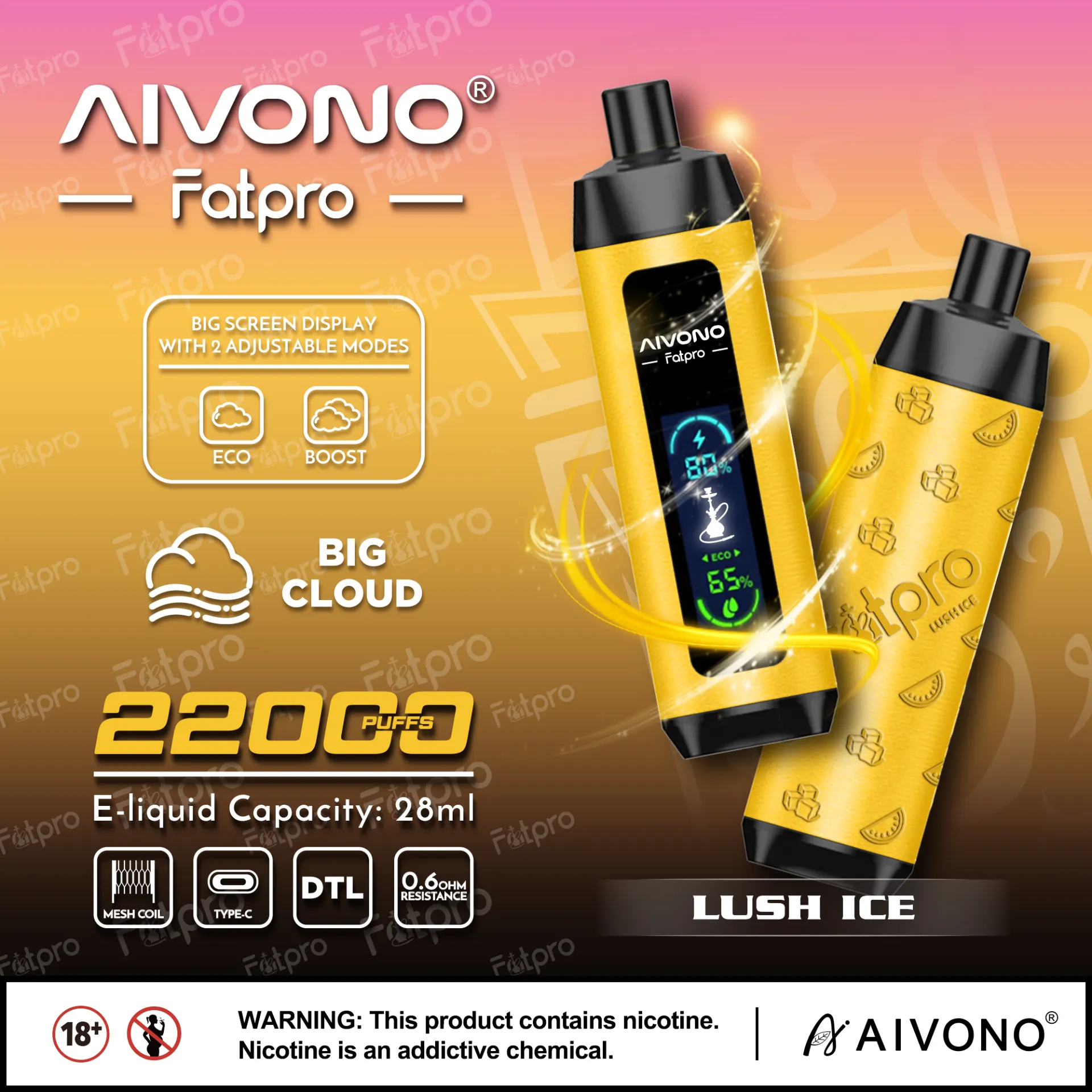

Social acceptance and lifestyle integration also play a pivotal role in the adoption of e-cigarettes. Unlike traditional smoking, vaping is less intrusive and often more socially acceptable due to the absence of lingering smoke and odors. Users report a sense of relief from the stigma associated with smoking, as well as the convenience of vaping in varied environments where smoking is otherwise prohibited. The customization aspect of e-cigarettes appeals to many individuals, providing a personalized experience that traditional cigarettes could never match. The vast array of flavors available—from classic tobacco to exotic fruits and desserts—offers a diverse sensory palate, appealing to personal preferences and making the transition from smoking more enjoyable. Expert vapers often experiment with flavors and device settings, cultivating a hobbyist atmosphere that enhances user satisfaction and engagement. Despite their benefits, responsible usage and awareness of potential risks are crucial. Concerns regarding youth access and the long-term health effects of vaping remain significant topics of discussion within the scientific community. Therefore, informed usage guided by reputable sources and professional advice ensures that e-cigarettes can be effectively integrated into a healthier lifestyle without inadvertently introducing new health risks. In conclusion, e-cigarettes are a multifaceted product catering to smokers seeking a safer alternative, individuals aiming for nicotine reduction, and those who appreciate the customizable nature of the vaping experience. While ongoing research is necessary to fully understand their long-term implications, the current body of evidence and user experiences suggest that e-cigarettes offer a credible solution to smoking-related harm, reinforcing their role in contemporary public health efforts.
Post time:Jan - 26 - 2025







